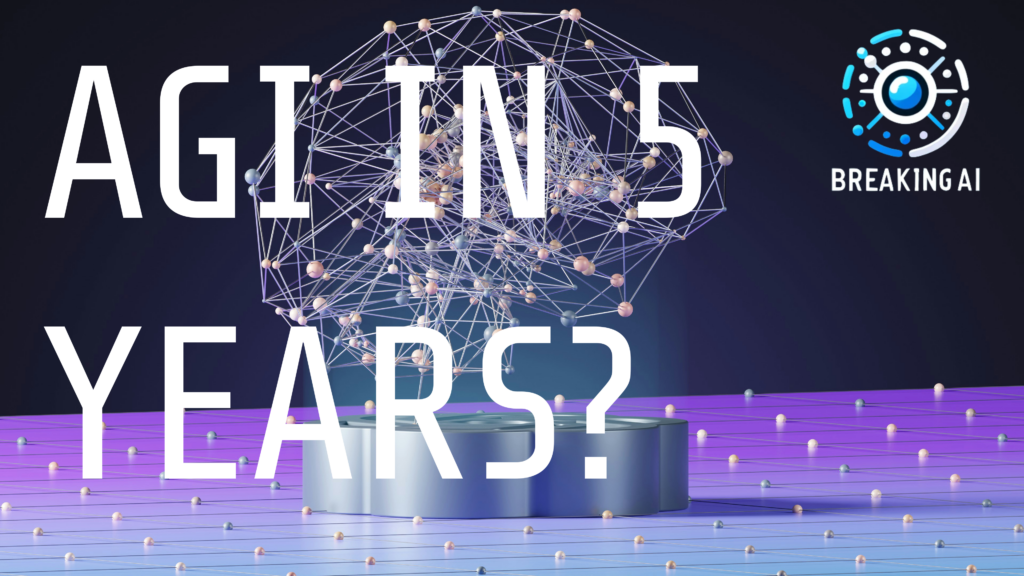

Written by Ethan Ellis
Over a decade since predicting a significant milestone in AI development, Shane Legg, DeepMind co-founder, stands by his assertion that artificial general intelligence (AGI) could be a reality by 2028. His perspective, shared in a recent interview, reflects a deep understanding of the field’s trajectory, emphasizing the blend of computational growth and data expansion as key drivers towards achieving AGI.
AGI represents the frontier in artificial intelligence, where a machine could perform any intellectual task that a human being can. This concept, while simple in description, involves complex challenges in implementation, not least of which is defining what AGI means in practical terms. According to Legg, achieving AGI is not about passing a single test but rather ensuring an AI system can handle a broad spectrum of tasks without discernible gaps in its capability.
A crucial aspect of Legg’s forecast is the underlying exponential growth in computational power and data availability, inspired by insights from “The Age of Spiritual Machines” by Ray Kurzweil. Legg’s confidence also stems from the evolution of deep learning methods that enable algorithms to process and “think” in ways similar to human cognition.
However, Legg points out significant hurdles on the path to AGI, including the challenge of scaling AI models to manage the enormous energy requirements and the complexity of creating a comprehensive testing framework for AGI capabilities. Despite these challenges, he notes that the AI community is on the brink of training models with data scales far beyond human experience, a critical step toward unlocking AGI.
In closing, Legg’s stance on the 50% probability of achieving AGI by 2028 is a balanced view that acknowledges both the tremendous potential and the significant obstacles of current AI research. His insights offer a compelling glimpse into the future of artificial intelligence, where AGI could transform our understanding of technology’s capabilities and limitations. As the AI community continues to push the boundaries, the possibility of reaching this pivotal milestone remains an intriguing prospect for the next decade.


